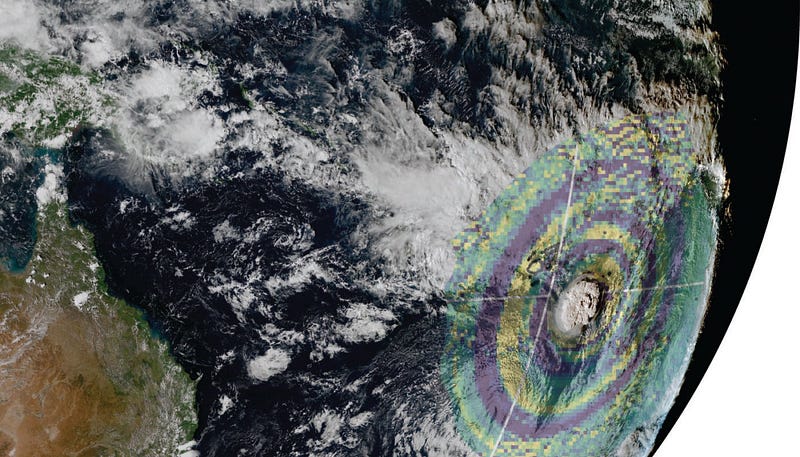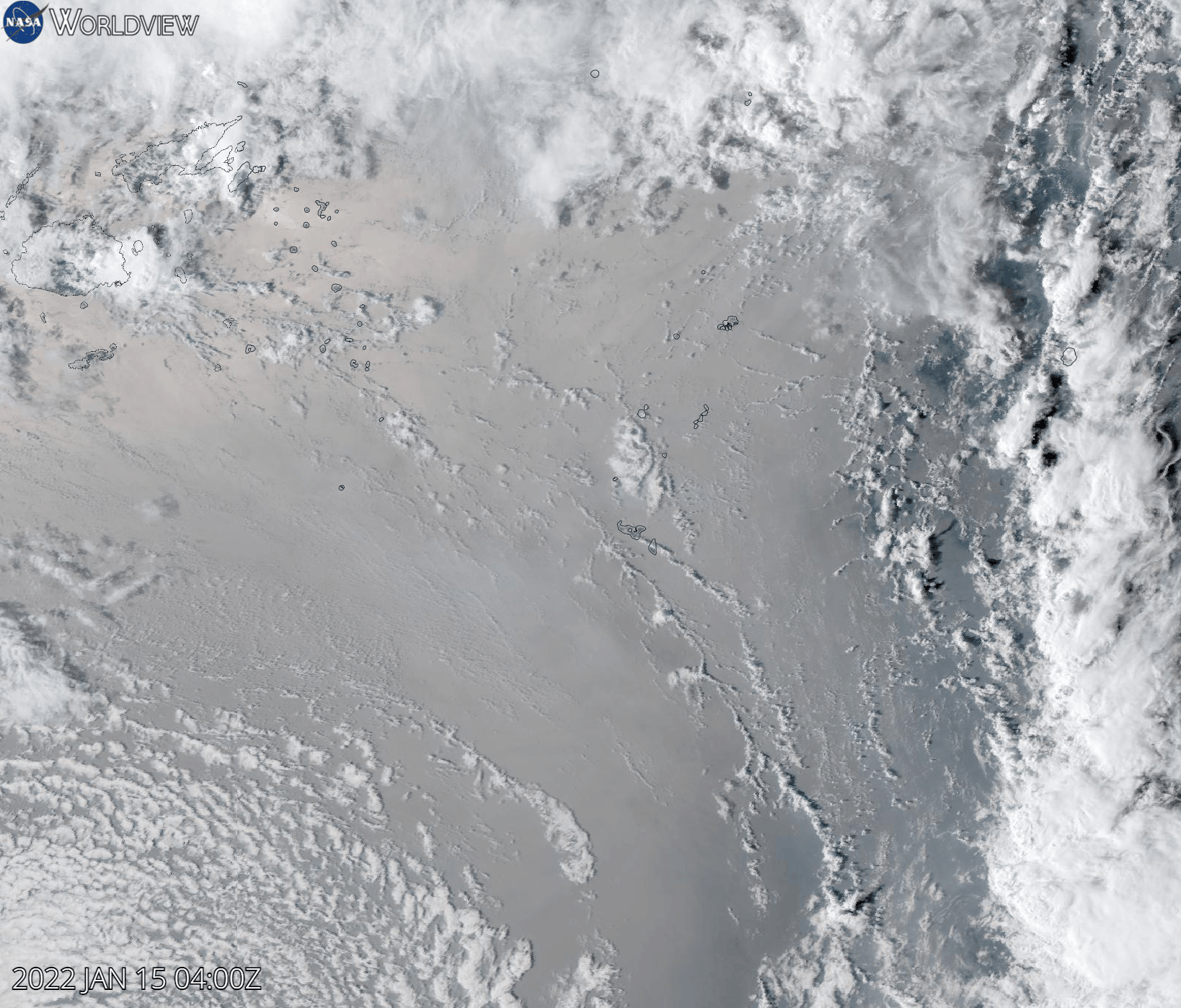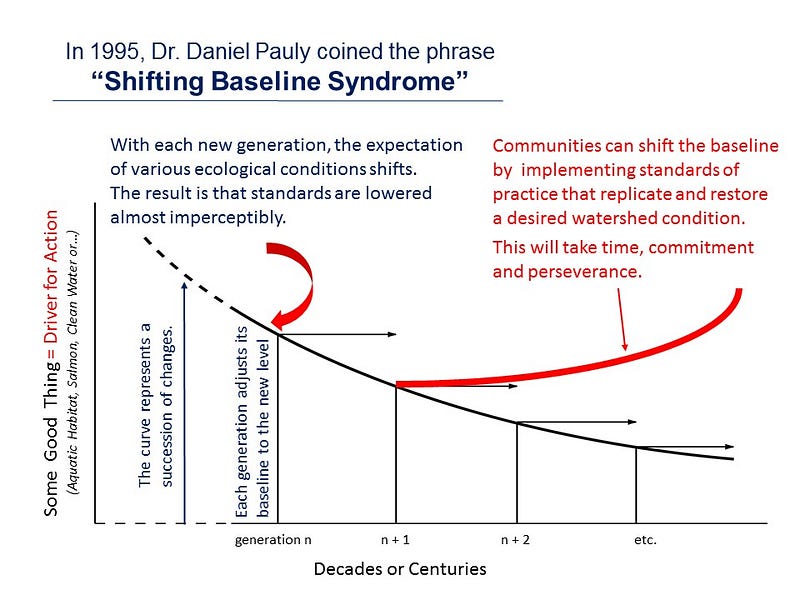The Hunga Tonga Eruption: A Closer Look at Climate Impacts
Written on
Chapter 1: Understanding the Hunga Tonga Eruption
The Hunga Tonga-Hunga Ha’apai underwater volcano erupted dramatically on January 15, 2022, releasing an astonishing 146 metric megatons of water vapor into the stratosphere. Initially, this event led scientists to consider its potential role in atmospheric warming, especially as global temperatures surged.

Over the past year (July 2023 - June 2024), global average temperatures reached unprecedented levels, exceeding the pre-industrial average by 1.68°C (3.02°F), with a 92% likelihood of surpassing the 2023 temperature record. While some experts attributed this increase to natural fluctuations, others mistakenly linked the eruption to the ongoing global heatwave, suggesting climate advocates were exaggerating the situation.
However, the scientific community has since reevaluated these claims, correcting earlier misconceptions and shedding light on the actual severity of the climate crisis we face.
Section 1.1: The Scale of the Eruption
The Hunga Tonga eruption was monumental, comparable to the notorious Krakatoa eruption of 1883. This volcanic event generated energy on par with hundreds of atomic bombs, causing a tsunami that reached as far as Peru and a sonic boom that was audible in Alaska. Ash and gas were propelled 53 kilometers into the mesosphere, casting shadows over the 171 islands of Tonga and igniting the most intense lightning storm ever documented.

Notably, the eruption's release of 146 megatons of water vapor—a greenhouse gas—was a focal point of discussion. While this volume is substantial, it is merely a small fraction of the total water vapor present in Earth's atmosphere, which contains about 10 million megatons. Thus, the eruption's contribution to atmospheric warming was negligible, representing only a 0.00146% increase.
Section 1.2: Human Emissions vs. Volcanic Activity
On the same day that Hunga Tonga expelled 146 megatons of water vapor, human activities released approximately 100 megatons of CO2 into the atmosphere. This pattern of emissions continued daily, overshadowing the volcanic output. The real question arises: what has a more significant impact on our climate—Hunga Tonga’s water vapor or our relentless CO2 emissions?
When assessing climate impact, it's critical to consider how different gases absorb heat and their placement in the atmosphere. The positive radiative forcing from the water vapor was measured at around 0.1 W/m², while human CO2 emissions took around 1,000 days to achieve a similar effect. The net impact of the eruption, factoring in cooling aerosols produced, was determined to be minimal, potentially leading to a slight cooling of surface temperatures.
Chapter 2: The Broader Climate Context
The first video titled "Exploring Research Forecasting Years of Weather Impacts from the Massive Tonga Eruption" delves into the long-term effects of the Hunga Tonga eruption on our climate.
Despite the eruption's dramatic nature, it is essential to recognize that volcanic activities play a minor role in the broader context of climate change, overshadowed by human-induced factors, such as fossil fuel combustion. In 2022, CO2 emissions reached a record high of over 36.8 gigatons, starkly contrasting the 146 megatons of water vapor from Hunga Tonga.
The second video titled "The Fascinating Undersea Hunga Tonga Volcanic Eruption that has Temporarily Warmed the Planet" provides insights into the eruption's immediate and potential long-term climate effects.
As climate change progresses, many regions are experiencing unusual weather patterns. For instance, Patagonia has seen record-low temperatures despite the overarching trend of global warming, leading to confusion and skepticism regarding climate data. This phenomenon, often referred to as shifting baseline syndrome, highlights how each generation perceives climate conditions based on their experiences, leading to a disconnect between reality and perception.

While individual weather events may seem extreme, the average global temperature continues to rise, indicating a warming planet. The Earth has recorded its 13th consecutive warm month, and 2024 is likely to be one of the hottest years on record.
In conclusion, understanding the impact of the Hunga Tonga eruption requires a nuanced perspective, recognizing the overwhelming influence of human activities on climate change. The volcano's eruption may have reshaped our geological landscape, but it is our emissions that continue to drive the climate crisis.